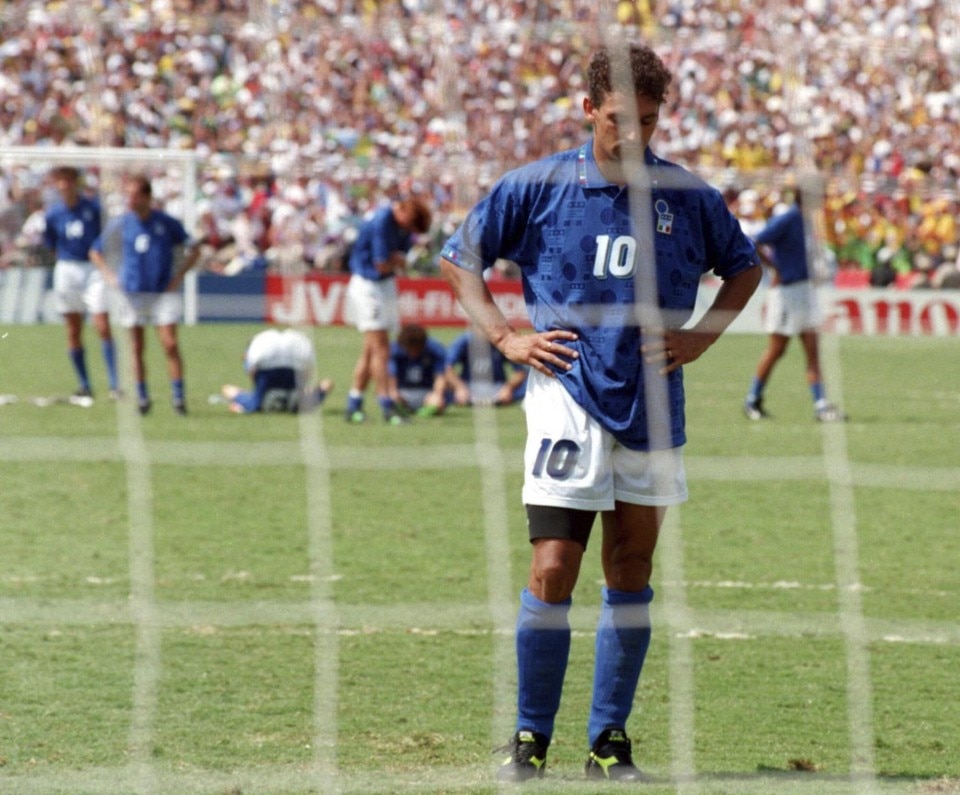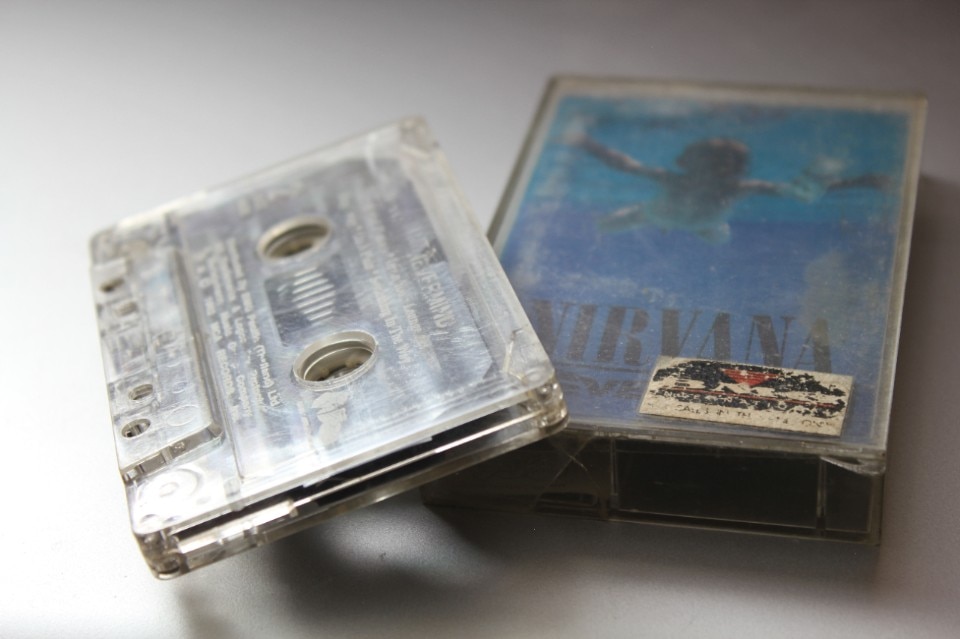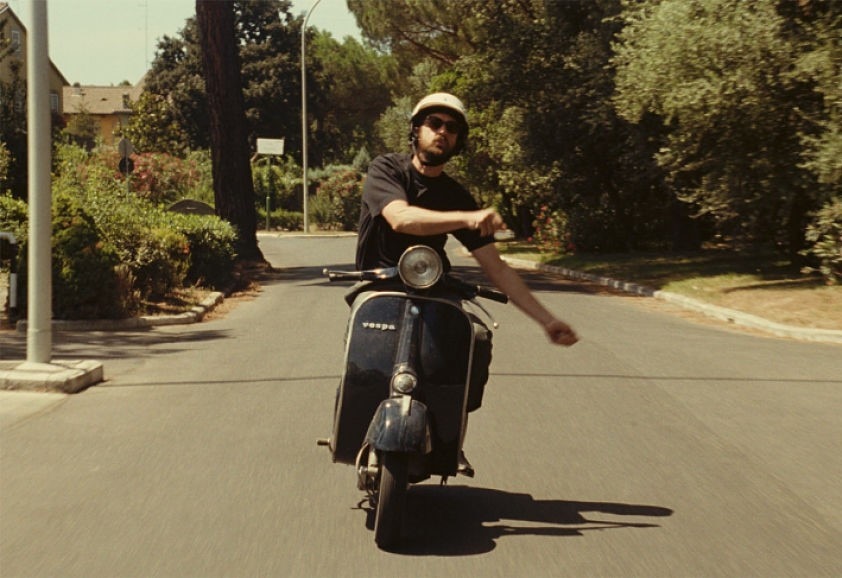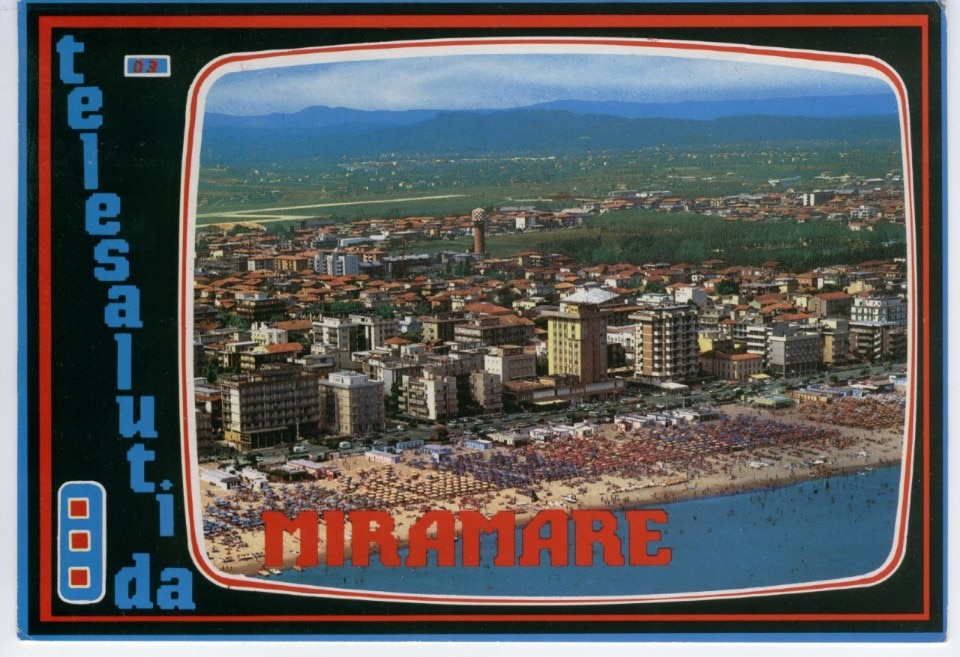The final summers of the millennium. Only a few truly realized they marked the end of an era. The 1990s were the critical tail end of the 1980s, years of intelligent suffering beneath the hedonism and excess of the previous decade.
This was when underground music became mainstream (i.e. grunge), electronics firmly took root in our lives (even through music), the Gulf War started (the first one), and the first cracks in the new economy appeared. Those were the summers when Lady Diana Spencer died and Gianni Versace was killed. In Italy, we remerber these long sunny days because of Baggio's plays during the World Cups, both at home and in the U.S., of the Capaci and Via d'Amelio massacres, of the never-ending chronicles of the Mani Pulite investigation, of Gianni Agnelli − the Avvocato − diving off his boat and Berlusconi diving into politics.

Those were summers in which the West believed in infinite growth, in which you could always be found thanks to cell phones − now an object we all have, even kids − but a time in which turning them off wasn't strange. Nobody talked about “disconnection” yet. A time when you left your job behind in the city and the lines at toll booths were always the same.
A brutal summer like that of 2001, marked by the G8 violence in Genoa and by the fall of the Twin Towers in New York, was just around the corner. The world was about to become a much harsher place, but no one knew yet. Just like no one foresaw that in 2001, iPods would open the door to the new millennium, a world where there would be more of you inside your own device than within your own body. But there was still time − electric cars were science fiction, low-cost flights were big news, you could print your own ticket and the seat might have not even been assigned.
And above all, socializing meant leaving the house. Home was an oasis of peace. TV still reigned supreme, with dreadful shows and series, far from today's standards, and you penned down the night a good movie was scheduled in your (paper) diary. Late at night, reruns of The X Files and Star Trek were aired, and private broadcasters showed adult programs and teleshopping. Netflix doesn’t exist yet and there’s probably nothing good on TV, so you pack a suitcase just of books and read a lot. If you come home late at night you smell of smoke, because in bars and clubs you still smoke inside.

Photographs were on film, and parents organized vacation photo slideshows that exhausted their friends. You sent postcards, perhaps a bit risqué, to embarrass your friends. You wore helmets on mopeds and seatbelts in cars, both new habits, much like seeing skateboards and rollerblades gliding through town. Having survived the 1980s, you weren't constantly comparing your life to the perfectly curated ones we now see on Instagram. It seemed like things could only get better
Opening image: Nanni Moretti, Caro Diario, 1993

Innovation and sustainability in building materials
The new range of lime-based thermal plasters by Röfix is designed to provide advanced insulation solutions.





















